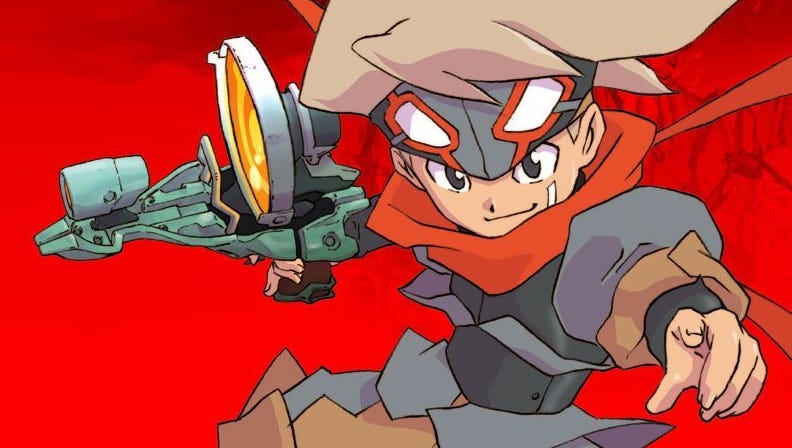Kojima says horror game OD is as "experimental" as Boktai, so here's a quick overview of solar powered gaming
The Metal Gear man's latest may "go against the current of the times"
Hideo Kojima's new Xbox Game Studios project OD is a horror game that is "also a movie, and at the same time a new form of media" and who knows, perhaps it also runs on solar power. That's the extremely direct and literal reading of Kojima's latest social media tease, in which he compares his latest endeavour to Boktai: The Sun Is In Your Hand, an isometric vampire-hunting game for Game Boy Advance, which Kojima worked on while at Konami in the early noughties. Boktai stands apart to this day for making use of solar energy. There's a sun sensor built into the cartridge, which allows you to re-energise your weapon by using the console in sunlight, though this isn't outright necessary to prevail.
I doubt OD employs a similar peripheral, though a Steam Deck verified horror game that can only be played outdoors in pleasant weather would be an... interestingly contrary experience. But it's an opportunity, at least, to jump aboard one of my personal hobby horses and give you a scrappy rundown of older and recent games that employ similar functionality.
First though, the full Kojima quote. "It seems I have been acknowledged by creating games that go against the current of the times, such as 'hide-and-seek' games where you sneak into a building without being detected by the enemy, or "delivery games" where you enjoy moving around in an open world," he Xeeted last night.
"For me, the most experimental game was 'defeating vampires outside your house' using actual sunlight around you," Kojima went on. "It was met with fierce opposition from the staff and even within the company. In that sense, 'OD' is just as different."
While I would agree with Kojima that Boktai is a thing unto itself, videogames with a solar energy component have been around for years. Among the oldest is Bandai's LCD Solarpower handheld range from the early 1980s, which came with a front-facing strip of photovoltaic cells and allowed you to play simple arcade titles with static "painted-on" LCD graphics, such as Terror House. Unlike Boktai, these devices ran entirely on sunlight.
There haven't been many gadgets like them since, because increases in computer processing and battery capacity have vastly outstripped increases in yields from solar energy tech. Today's videogames sponge up huge amounts of electricity: the idea of running something like a gaming laptop using built-in solar panels is wildly impractical. But there have been efforts among hobbyists and academics to create more powerful solar handhelds, such as the Game Boy-derived Engage from Northwestern University and TU Delft. And there's the familiar argument that the constraints imposed by solar can be an inspiration for new design methodologies, or at least, for playful flourishes. In Boktai, there's a wonderful ambient element whereby shafts of light spill through windows in-game when you're standing in full sun. I find stuff like that endlessly appealing.
Kojima Production's OD is said to make use of Xbox cloud technology, which might mean that it can run on smaller, mobile devices with key processing handled remotely. If that's the case, Boktai would be a useful precedent not just for being comparably "experimental". The act of playing it involved interacting with your surroundings to find the best lighting conditions, and I can imagine a modern cloud-based game that builds on this - it's the same broad principle behind many a mobile alternate reality experience, after all.
Speaking of server-based experiences, other developers have looked into the possibility of solar-powered distribution platforms - not just server farms that plug into a third-party solar energy grid, but servers with their own local solar panels. Ritual of the Moon developer Kara Stone, for example, has set up a solar server, which hosts "low-carbon" games that try to minimise power consumption. Again, the server's limitations in terms of, say, file size and the number of logins it can support are an incentive to test some novel approaches: Stone's debut solar project, Known Mysteries, makes use of compressed and dithered stock video that is both aesthetically distinctive and less hardware-intensive.
It's always tempting to fall into overweening green utopia rhetoric where projects of this kind are concerned, and it should be noted that solar panels emerge from the same exploitative and polluting global production chains as other "dirtier" technologies. But they are, at least, a chance to pick at our assumptions about videogame development and design. What do you reckon?
PS. This being a post about Boktai, here's an obligatory shout-out to fan-made spiritual sequel Kura5. It doesn't make use of a solar sensor, but it does feature a weather system that reflects your real-world location.



